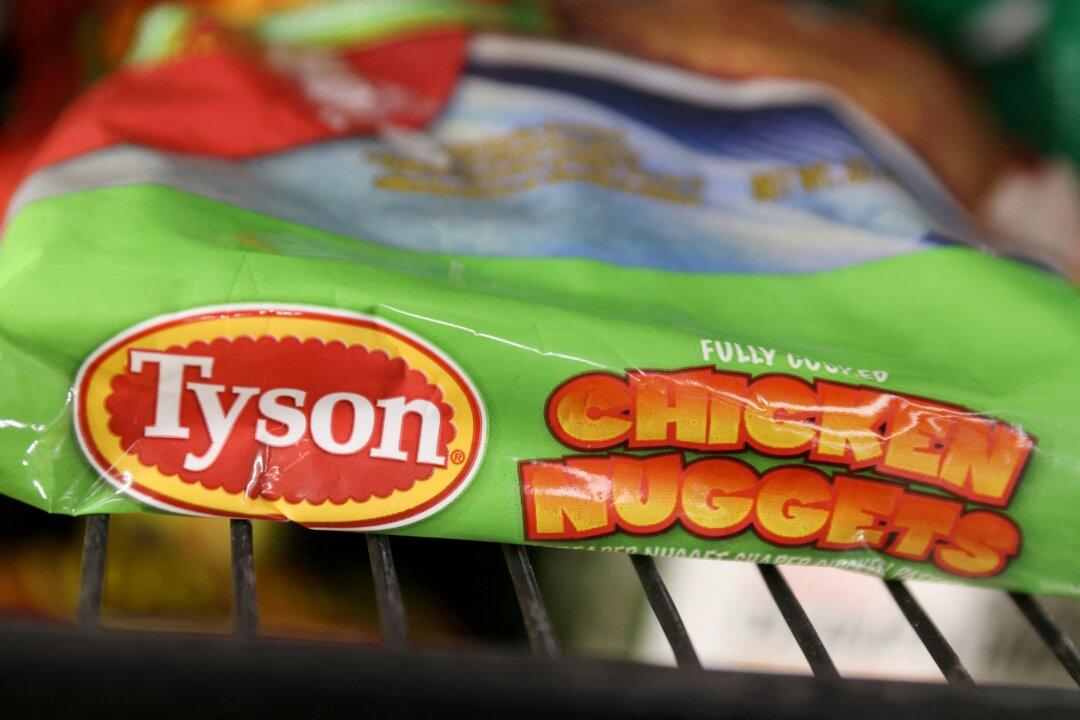Tyson Foods announced it will drop its “no antibiotics ever” label on some of its chicken products after it decided to reintroduce certain drugs in its chickens.
This comes eight years after the Arkansas-based meat and poultry producer said it planned to remove antibiotics from its products, reported The Wall Street Journal.The largest poultry seller in the United States said it would no longer use antibiotics not essential to human health, which will apply to its fresh, frozen, and ready-made chicken products by the end of the 2023 calendar year.
Tyson said its chicken decision to display a “no antibiotics important to human medicine” label and its transition back to antibiotics is in the best interest of both humans and animals.





